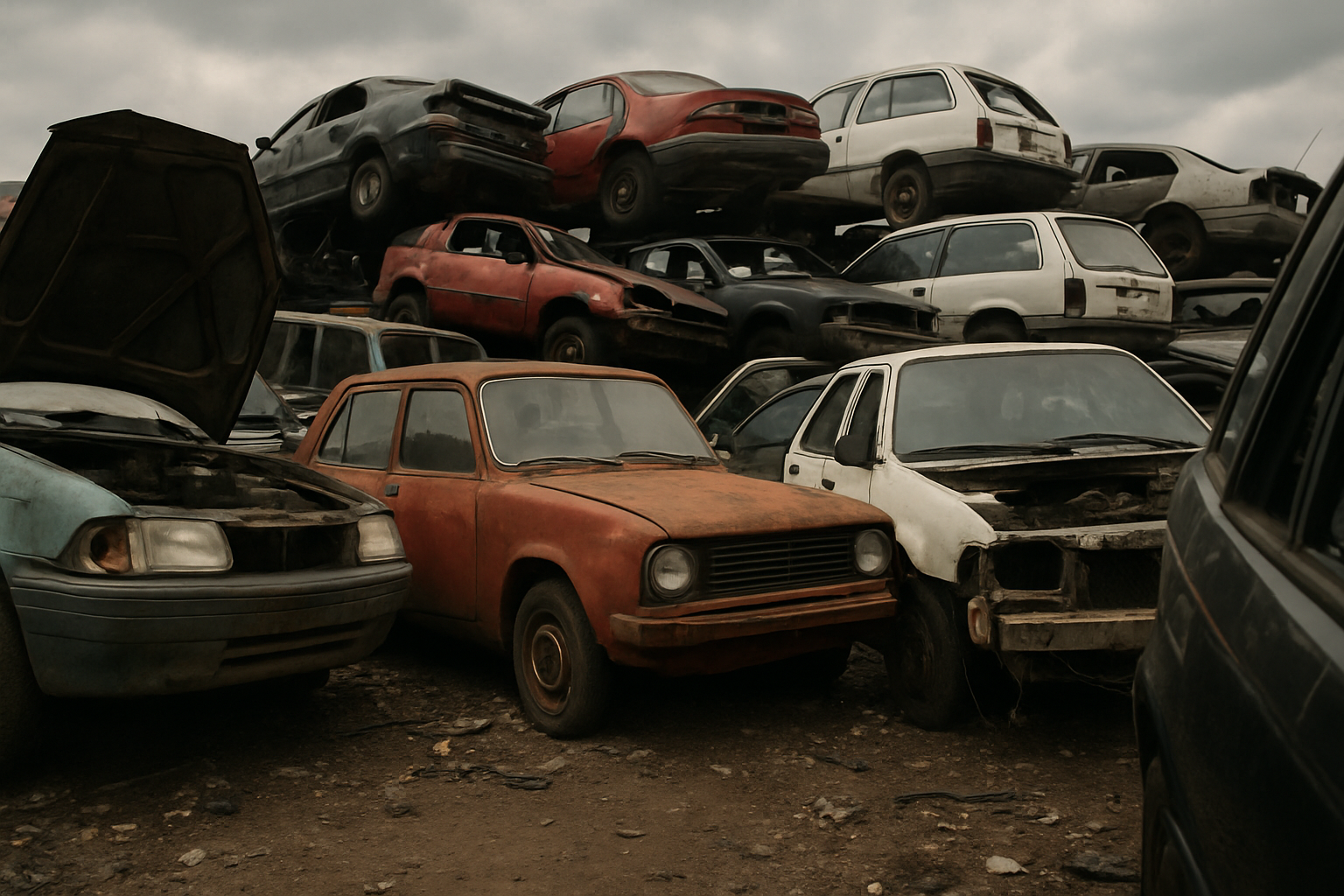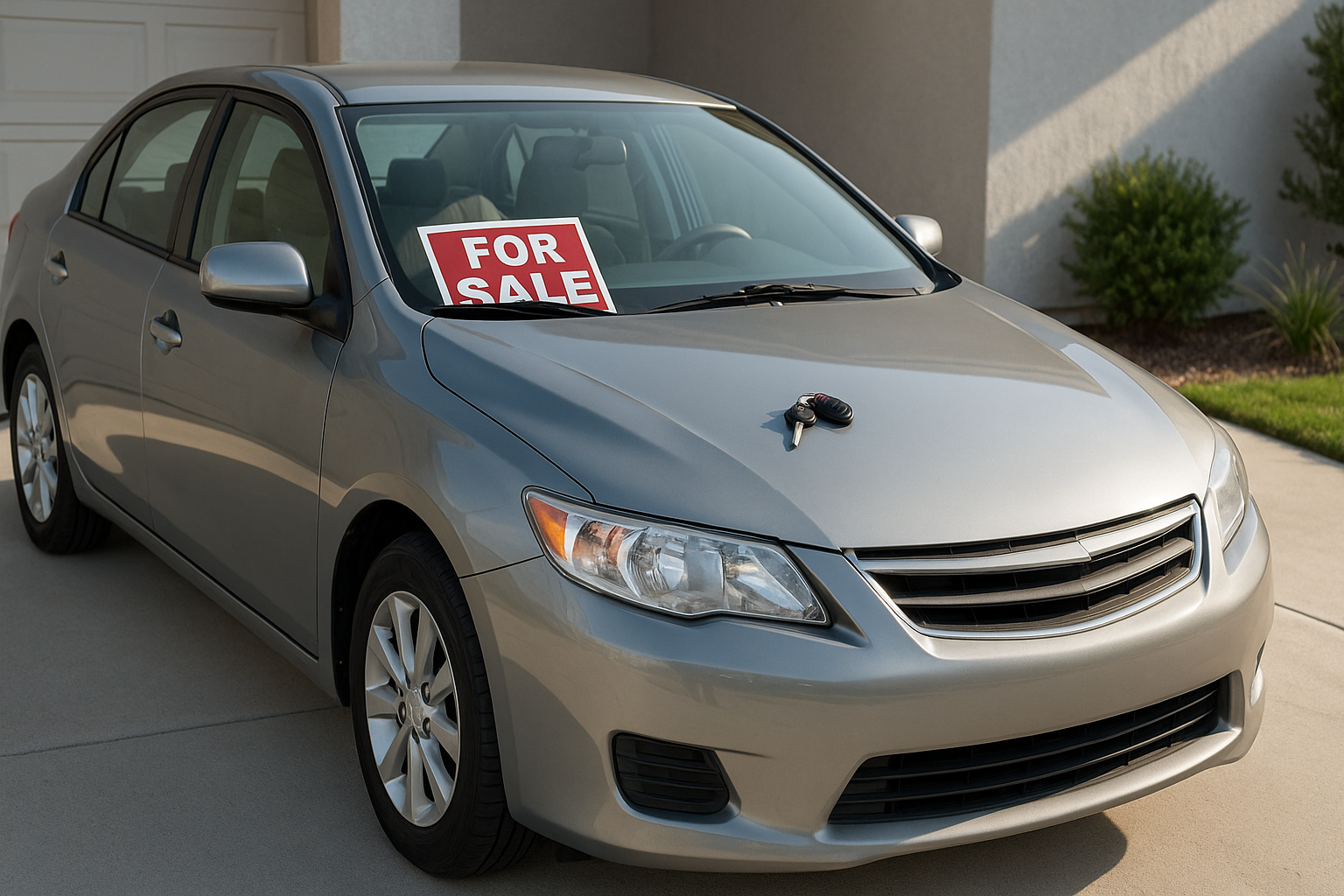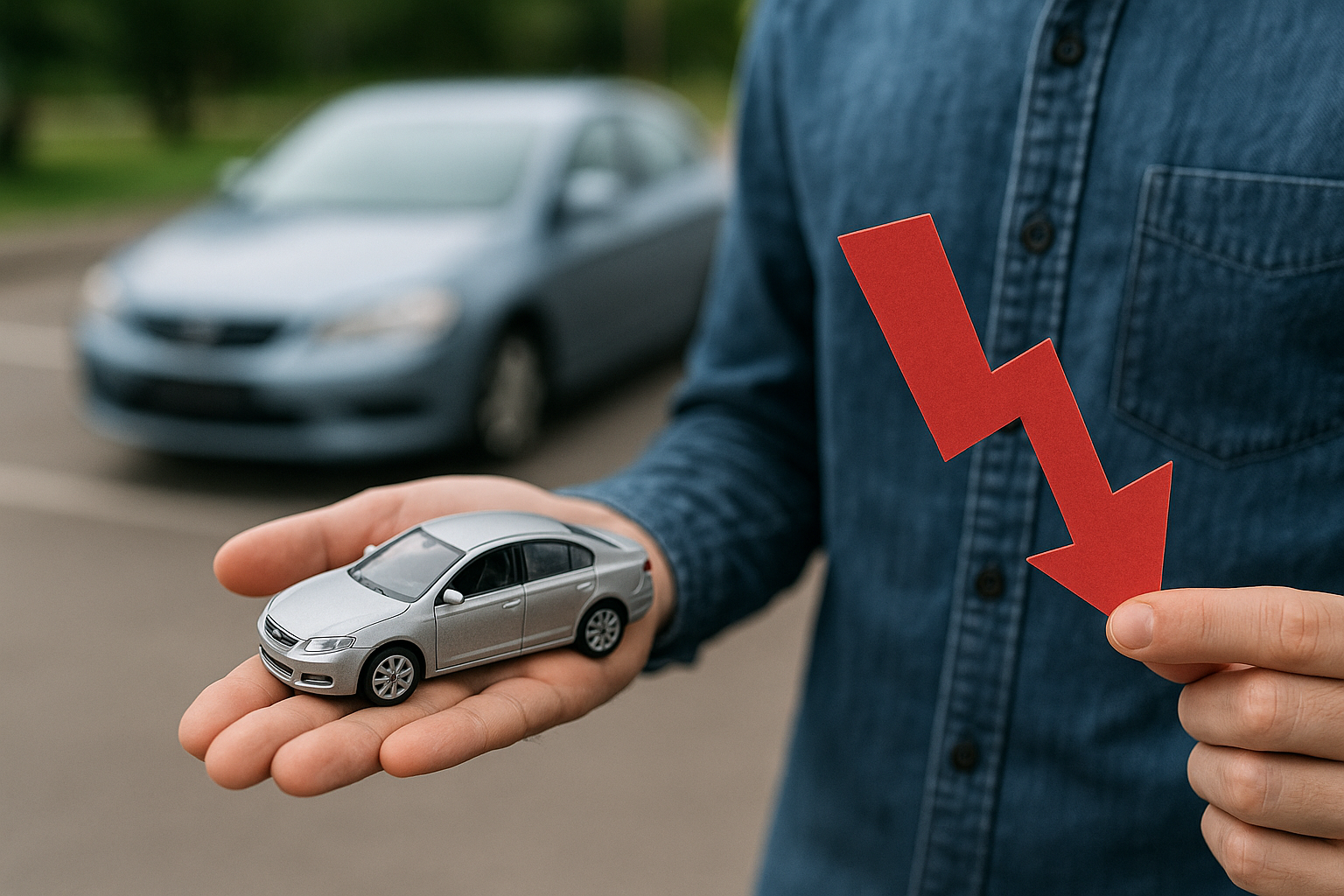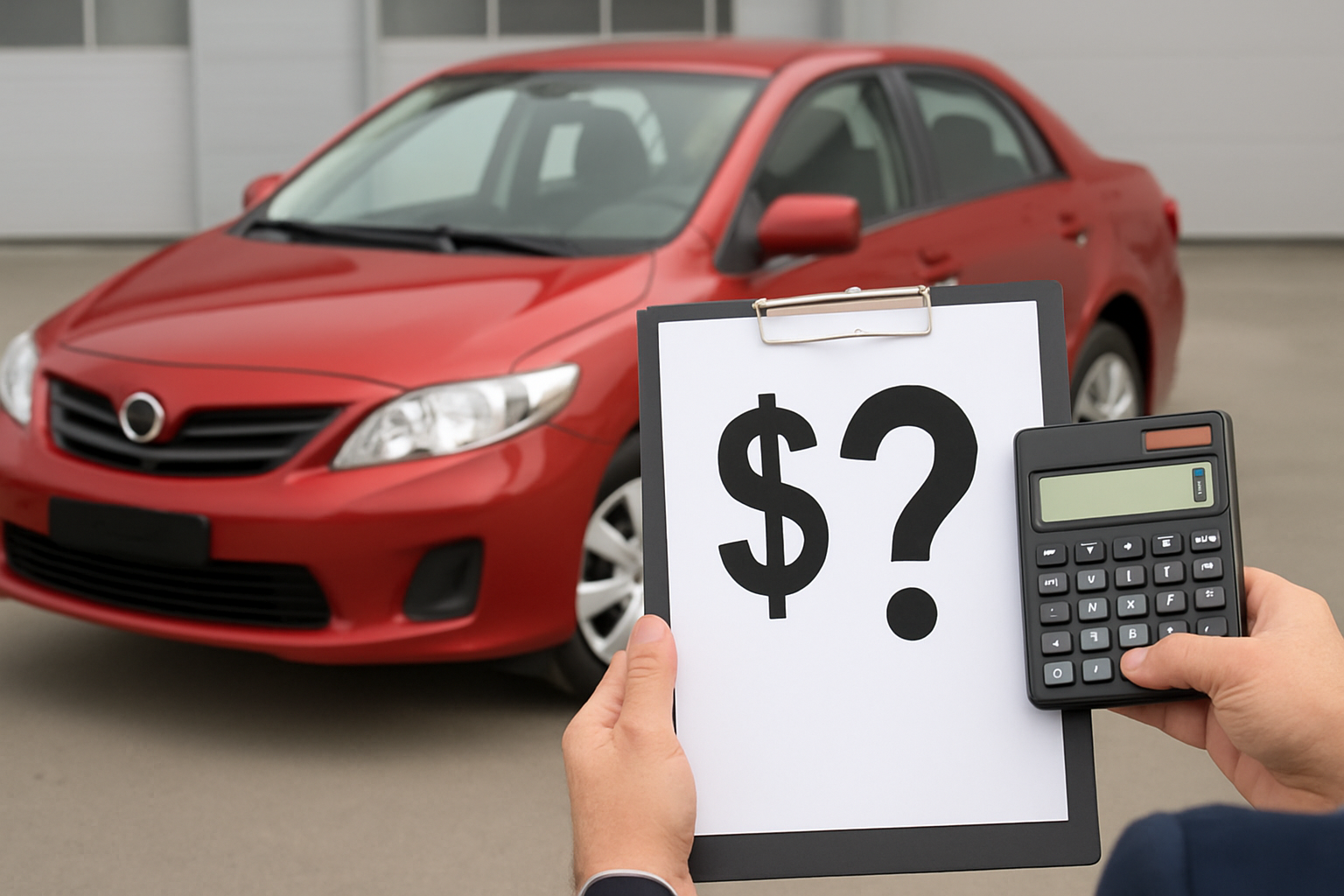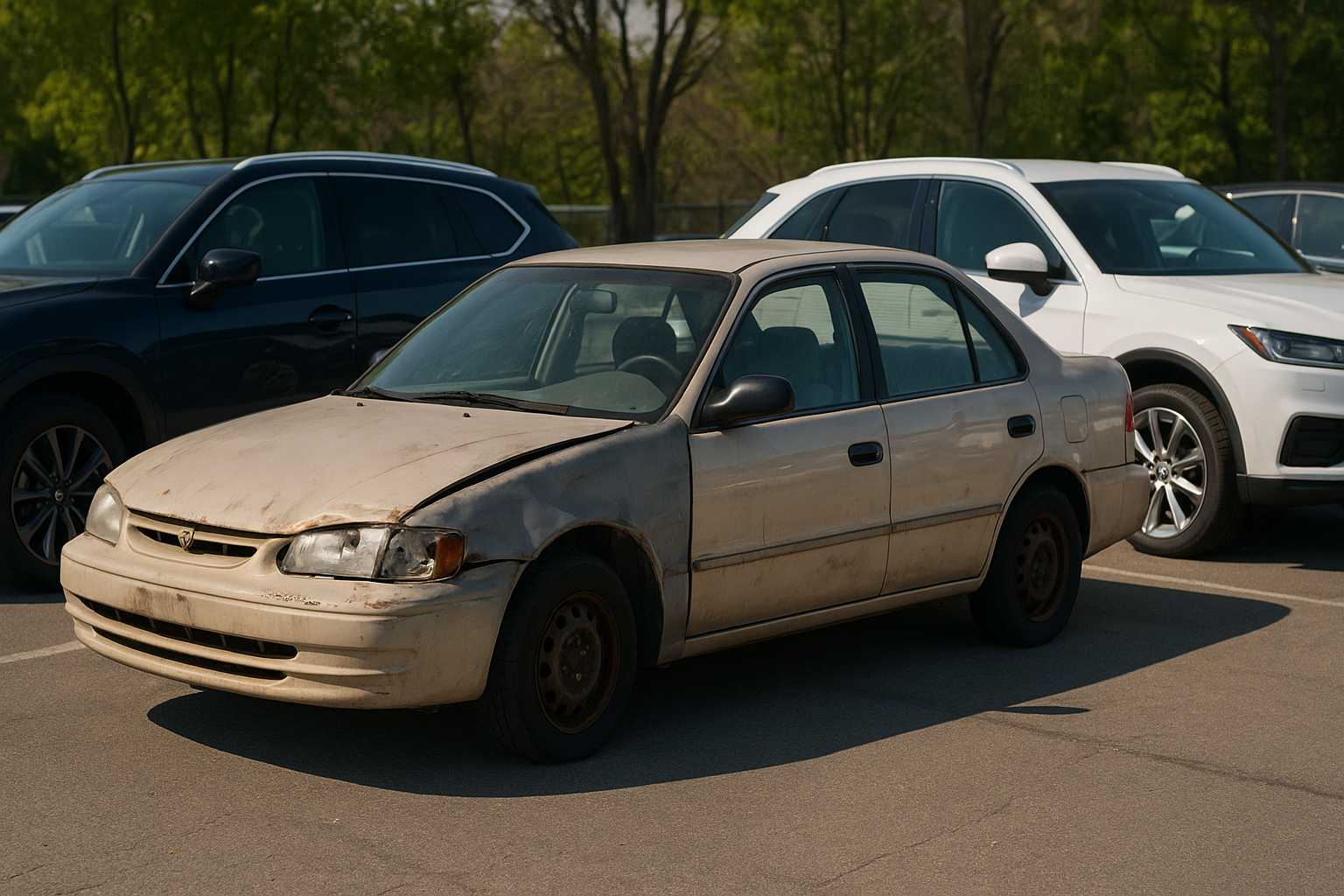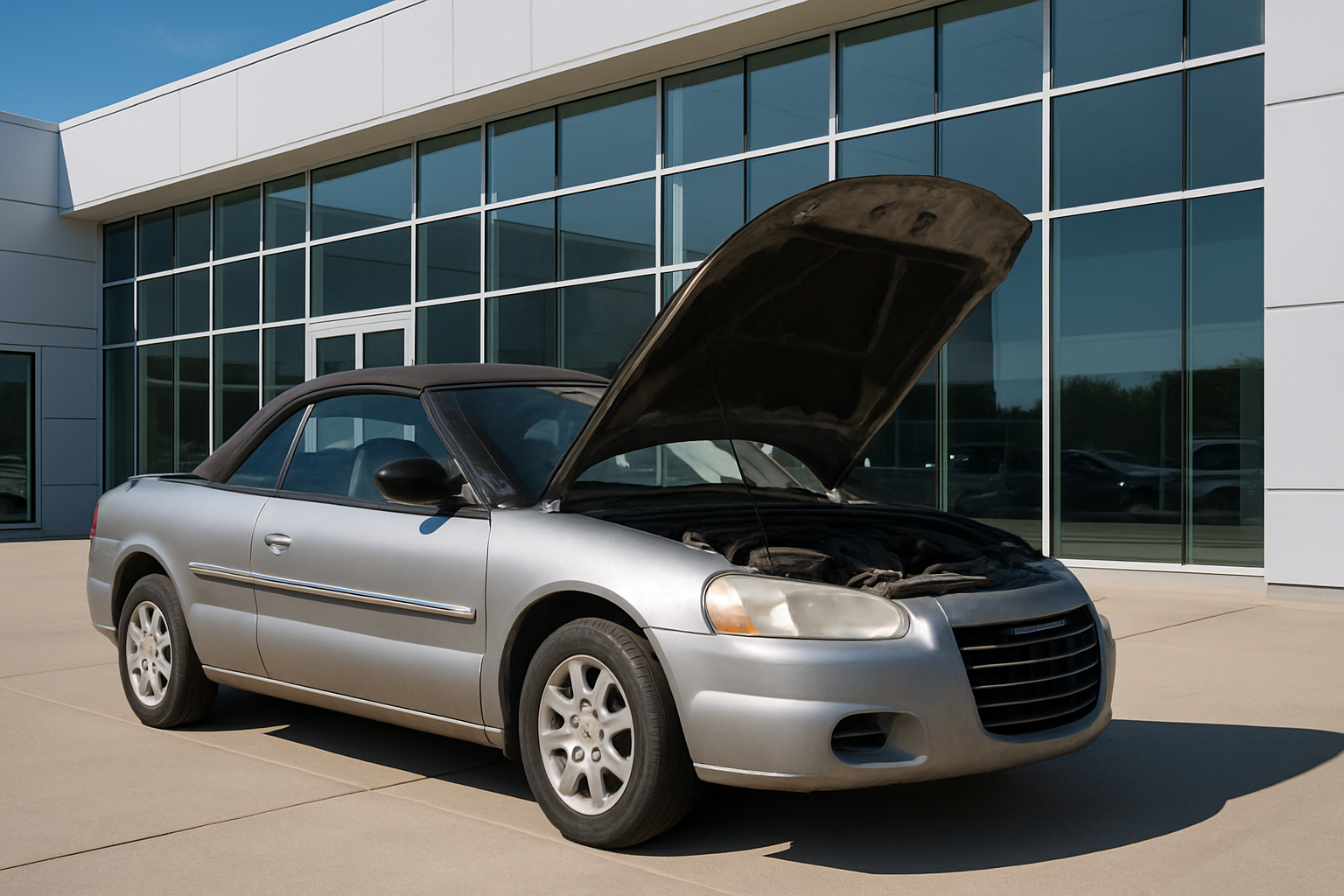Going into the process of how to sell your car to a junkyard might initially seem complex. Whether your vehicle is battered by time or accidents, transforming it into cash can be a smart move. This guide is crafted to navigate you through every step, ensuring a smooth and profitable journey from the driveway to the junkyard. With a scrap vehicle or an old car, there are a few options at your disposal. Selling a car for more money often means understanding its value. The entire process, while seemingly daunting, can be simplified with the right guidance and preparation.
What Is a Junk Car?
A "junk car" refers to vehicles that are no longer viable for regular use. These are cars that might be extensively damaged, have significant mechanical failures, or are just too old to function efficiently. Junk cars, also known as scrap cars, are often more valuable for their parts or metal than as a whole unit. Owners of such vehicles can find solutions in junkyards, where these old cars find a new purpose. The value you get from your scrap car depends largely on its condition and title status. When you decide to sell your junk car, many junkyards are available to assist. Junk car owners should research and choose a reputable yard for the best outcome.
How Much Can You Get for Junking a Car?
The financial return from junking a car varies. It's influenced by numerous factors such as the car's make, model, age, condition, and the prevailing market rates for scrap metal. Generally, you can expect to receive anywhere from scrap value up to a few hundred dollars. It’s a humble sum but can be a welcome addition in exchange for a vehicle that's no longer useful. When seeking scrap car prices, consulting with a knowledgeable junk car buyer can provide clarity. The vehicle sale may also qualify for a tax deduction in some cases, adding an extra benefit. Typically, older vehicles yield less when sold as a car for scrap, but savvy sellers aim to extract the most value from every deal.
Aside from these criteria, the location of the junkyard can influence the price paid for your car. Prices for specific car models and parts can vary geographically depending on local demand. Furthermore, the size and weight of your car are important, as bulkier vehicles frequently cost more because they contain more recyclable metal. It's also worth mentioning that the price of scrap metal varies according to worldwide market trends, affecting how much you can earn by junking your car. Staying educated about these market conditions will help you determine the best moment to sell, thereby improving your financial return. However, it is critical to maintain realistic expectations and recognize that the primary aim of junking an automobile is frequently more about convenience and disposal than making a substantial profit.
Searching for Local Junkyards
Finding local junkyards is a critical step. Start with an online search for "buy junk cars" or "auto salvage yards near me". This should provide a list of potential local junkyards. You may also ask for recommendations from friends or family who have had experience with junk car buyers. It's essential to target reputable junkyards known for fair dealings. When you sell a car, especially to a local junkyard, the car's condition significantly influences the offer. Such yards often recycle car parts, benefiting other life vehicles. Remember, the value of your vehicle in these transactions depends heavily on its state and the parts' demand.
Pros and Cons of Selling a Car to a Junkyard
Opting for a junkyard sale comes with its advantages and drawbacks. The upsides include ease of transaction, quick disposal, and often free towing services. However, the downside is that you might not earn as much money as selling to private buyers or used car dealerships. It's a trade-off between convenience and potential earnings. Utilizing junk car removal services can simplify the process, particularly if your vehicle is a non-runner. When choosing a scrap yard, consider any towing fees that may apply if free towing isn't offered. Selling your junk car can facilitate the acquisition of a new vehicle, turning a salvage car into an opportunity to upgrade. Remember, the ultimate value of your vehicle hinges on its condition and market demand.
Another factor to consider is the environmental impact of selling to a junkyard. Junkyards play an important part in the automobile recycling sector, ensuring that vehicles are disposed of in an environmentally appropriate way. This option considerably decreases the environmental impact when compared to abandoning or improperly disposing of the car. However, the procedure can be impersonal, and you may have less negotiating leverage than if you sold to private purchasers or dealerships. Furthermore, certain junkyards may have strict standards for the condition of the vehicles they accept, limiting your alternatives. Finally, selling to a junkyard involves balancing the transaction's simplicity and speed with the potential financial and environmental consequences.
Comparing and Choosing the Best Offer
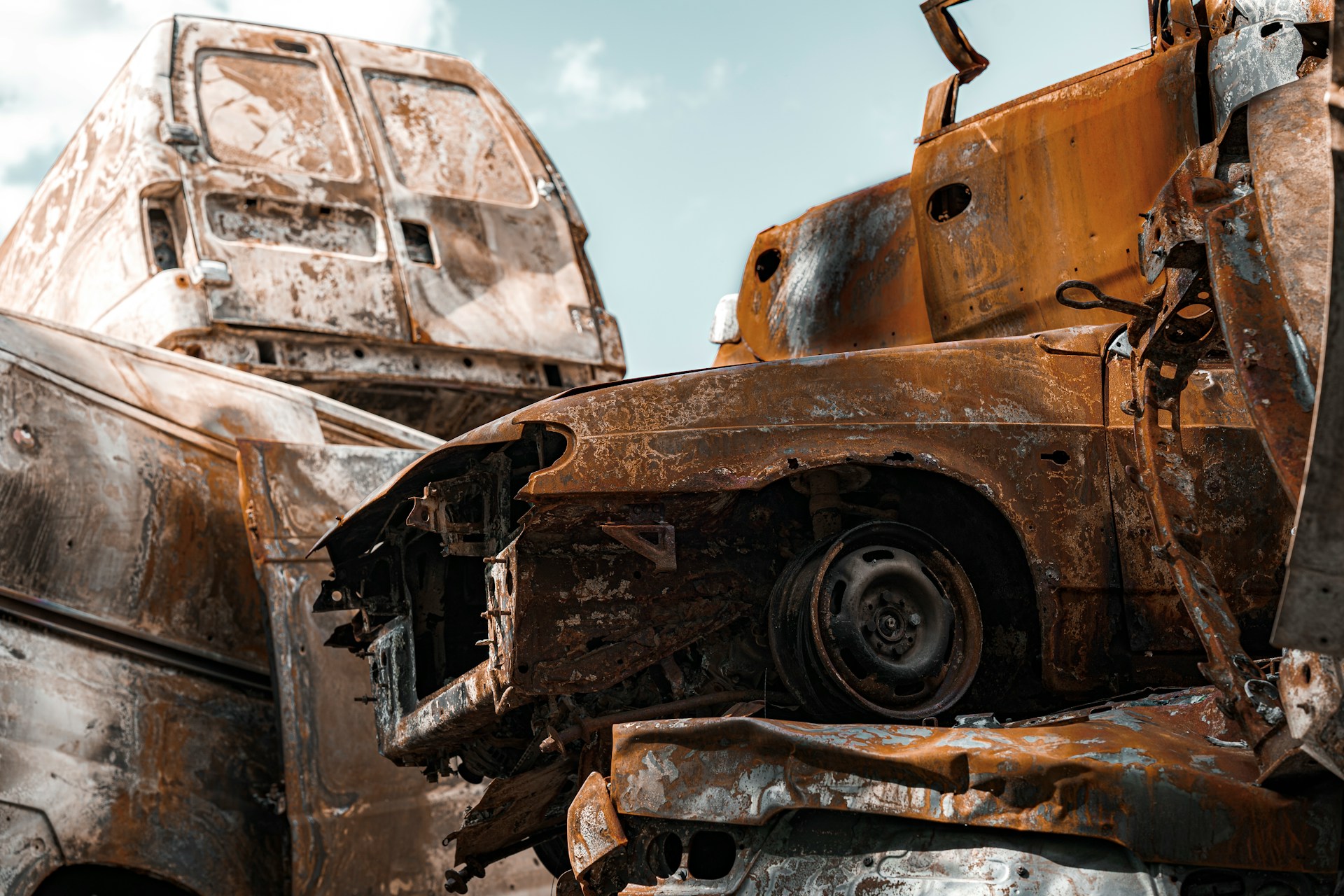
It's essential to not jump at the first offer. Reach out to multiple junk car buyers, providing them with details about your vehicle. Collect different quotes and compare. This approach not only gives you a sense of the market but also positions you to negotiate for the best price. Carefully compare offers from various salvage yards to determine who values your car most accurately. Remember, each junk car has its unique worth, and different yards may see different values in the same car. This comparison is crucial to ensuring you get the most favorable deal for your junk car, maximizing your return from the sale.
Gathering the Necessary Documents
When preparing to sell your car, the most crucial document is the vehicle title. This paper is your ticket to a legitimate sale. If you've misplaced it, don't give up. Your local DMV can issue a duplicate title. Depending on your state's laws, other documentation like a salvage title might be required. Ensure all paperwork is for a smooth transaction. Securing a new title is essential for the legal transfer of ownership. Always verify the vehicle identification number (VIN) on all documents matches your car. This step is vital to avoid issues with the state's DMV or future buyers. If your vehicle was registered, remember to remove and retain your license plates before completing the sale, as these are often linked to the owner, not the motor vehicles.
In addition to the title and any potential salvage title, a bill of sale must be provided throughout the transaction. This document should include the sale date, the money paid, and information about the buyer and seller. Some jurisdictions may additionally demand a release of liability or a notice of transfer, which informs the DMV that you have sold the car and frees you from any future liabilities associated with it. This step is especially important to avoid any legal complications if the vehicle is later engaged in an infraction or an accident. It's best to check with your local DMV for state-specific documentation requirements, as they can differ. Properly completing and filing the required paperwork ensures that the legalities of the vehicle transaction are fully addressed, giving both seller and buyer peace of mind.
Preparing and Delivering a Junk Car
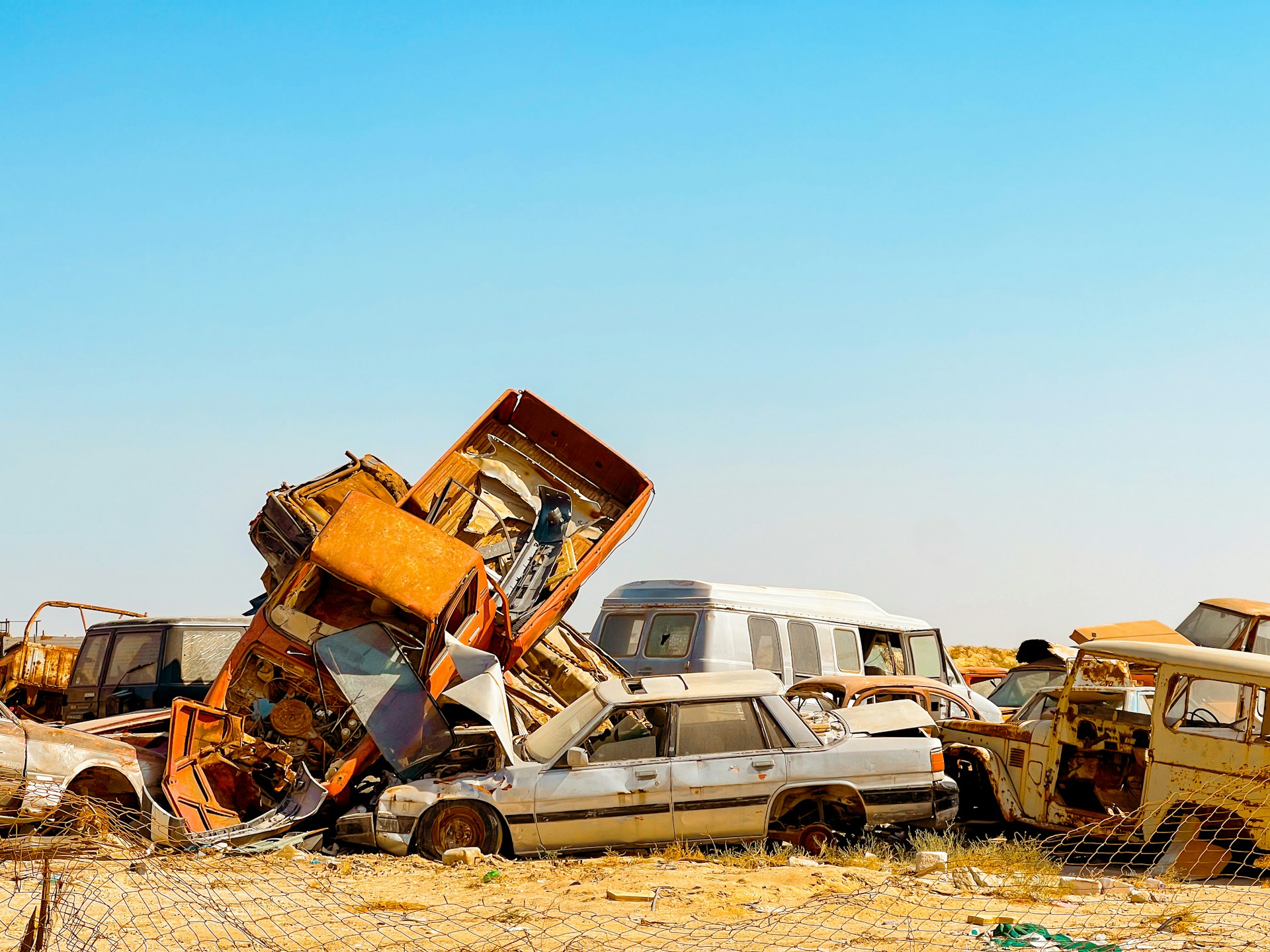
Preparation involves removing personal belongings and ensuring the car is in a towable condition. If the junkyard offers towing services, that's a bonus. If not, you'll need to arrange how the car gets to the yard. Some yards offer free towing, which can be a relief, particularly if the car is non-operational. Getting your car towed to the salvage yard is a critical aspect of selling a car to a junkyard. This step ensures your vehicle reaches its destination safely and legally. It's important to confirm the towing arrangements and any associated costs beforehand to avoid unexpected expenses. Remember, the overall condition of the vehicle can affect the ease and cost of towing, so assess and communicate this to the chosen junkyard to ensure a seamless process.
Considering a Private Sale
Before finalizing the junkyard option, consider the possibility of a private sale. Though more labor-intensive, selling to private buyers can bring you more cash. This route involves advertising the car, engaging with potential buyers, and potentially handling negotiations and paperwork. It's a route suited for those who have the time and inclination to squeeze more value out of their vehicle.
When contemplating a private sale, it's important to accurately assess your vehicle's market value. Research similar models being sold, considering factors like age, condition, and mileage. This information can guide your pricing strategy to attract potential buyers. Utilize various platforms for advertising, including online marketplaces, social media, and local classifieds, to reach a broader audience. Be prepared for inquiries and viewings, and always ensure safety during these interactions. Additionally, be transparent about the car's condition, providing maintenance records and disclosing any issues. A well-informed buyer is more likely to proceed with the purchase, leading to a successful and satisfactory transaction for both parties.
What Happens to a Junk Car?

Upon reaching the junkyard, your car embarks on a final journey. It's typically dismantled, with salvageable parts being sold off. The remainder, primarily composed of metal, is recycled. This process is not just about disposing of old cars but also contributes to environmental conservation efforts.
In the recycling phase, the dismantled car undergoes a thorough process to ensure every usable part and material is salvaged. Fluids such as oil, coolant, and gasoline are carefully drained and either recycled or disposed of in an environmentally friendly manner. Tires are often removed and recycled into a variety of products, from rubberized asphalt to playground surfaces. The metal frame, after being stripped of all reusable parts, is crushed and sent to metal recycling facilities. Here, it's melted down and repurposed for various uses, significantly reducing the need for new metal production and minimizing the environmental impact. This comprehensive recycling process underscores the role of junkyards in sustainable waste management and resource conservation.
Concluding your car's journey at a junkyard can be a smart and eco-friendly choice. It's a process that requires some preparation and research but ultimately offers a hassle-free way to dispose of an old, unusable vehicle while earning some money.
Tips and Q&A
-
Is It Safe to Buy Car Parts from a Junkyard?
Buying parts from a junkyard is generally safe and cost-effective. These parts, often in good condition, can be useful for car repair enthusiasts or those looking for a budget-friendly alternative.
-
Do I Need to Notify the DMV if I Junk My Car?
Yes, it's important to notify your local DMV when you dispose of your vehicle. This step ensures the vehicle is legally taken off the road and absolves you from future liabilities.
-
What Is the Most Common Vehicle in a Junkyard?
Junkyards often house a diverse range of vehicles, but older models and those with common production or widespread mechanical issues are frequent inhabitants. These cars, due to their age or faults, often end up being more valuable for parts and metal than functional vehicles.

